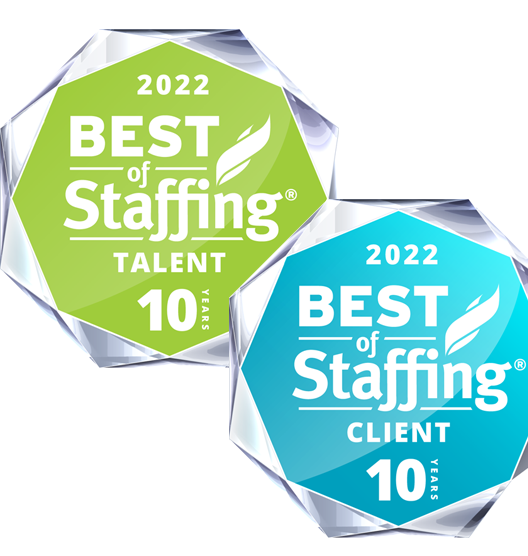| The Risk of Ignoring Millennials Who Are They?  One of the biggest challenges for businesses today is integrating the Millennials (twenty-somethings) into a Baby Boomer culture. They are the newest generation to enter the labor market, arriving with their distinct ideas about what they expect from their jobs. They are our future leaders and our next generation of revenue generators. So who are the Millennials and how do we manage their expectations while maintaining high performing organizations? One of the biggest challenges for businesses today is integrating the Millennials (twenty-somethings) into a Baby Boomer culture. They are the newest generation to enter the labor market, arriving with their distinct ideas about what they expect from their jobs. They are our future leaders and our next generation of revenue generators. So who are the Millennials and how do we manage their expectations while maintaining high performing organizations?Who are they? The Millennial generation was born between 1977 and 1998. They are 75 million strong in size and were raised by "helicopter parents," who doted on them, giving them an ample supply of attention and validation. Because they were heralded with high expectations, Millennials tend to display an abundance of self-confidence and believe they are highly valuable to any organization from day one. They are extremely focused on developing themselves and thrive on learning new job skills, always setting new challenges to achieve. They are also the "can do" generation, never worrying about failure, for they see themselves as running the world and work environments. Unlike other generations, the Millennials are overly connected to their parents. As they move through their twenties, they still speak to their parents frequently and turn to their parents for personal and career advice. Some are still even living at home, not uncomfortable with the arrangement. Organizations must remember the parent involvement factor when dealing with this group. When it comes to work/life balance, Millennials are not willing to give up their lifestyle for a career. They have traveled extensively and value having flexibility in their daily lives. They choose careers that allow them to live the life they desire, busy with after-work activities, including philanthropic involvement. Multitasking is their way of life. This generation grew up with little unstructured time as their parents carefully selected their life choices. The result of their minimal "down time" is that they are highly comfortable going from activity to activity in their adult world. When their work day ends, Millennials charge out into gyms, volunteer positions, classes and social events. Millennials are team-oriented, banding together to socialize in groups. In school, this generation was taught lessons using a cooperative learning style. Therefore, they feel comfortable working on teams and want to make friends with the people at work. They believe that a team can accomplish more and create a better end result. They also grew up in a multicultural world which enables them to work well on a team with diverse co-workers. They communicate in snippets through instant messaging, texting, Facebook and email. Quick and efficient communication is the way Millennials choose to interact, not necessarily face-to-face. Of all of the talents that Millennials bring to the workplace, being technologically savvy is their greatest skill contribution. They are constantly connected as they listen to their iPods or send text messages, all while working on a critical project. Social media is at the heart of their world. This allows them to connect with co-workers and friends around the world at great speed. The electronic capabilities of Millennials are extraordinary. On a recent Twitter chat, several Millennials participated at lightning rod speed, sharing their thoughts. One even commented, "Social media has expanded my network tremendously. More people to talk and learn from." Another characteristic of the Millennials is their need for constant feedback and, in particular, praise. They were reassured daily of their achievements and were recognized with stars and trophies for those successes. Whether or not the trophy was deserved for each individual, the entire team received the positive reward. It is a generation that needs to continue feeling valuable, while adding their opinions and ideas to every company decision. They want to be heard. In giving critical feedback, managers will need to first compliment Millennials before they will listen to any criticism. They also have little patience for ambiguity, so directions during feedback sessions must be clear and specific. Organizations will be more successful in delivering performance milestones on a more frequent basis than once a year. Once a week might do the trick. The feedback sessions must be interactive, so that the Millennial is presented the opportunity to share their feelings and ideas. Brainstorming together could be a very effective technique. For tips on how to integrate Millennials into your workforce and best management practices, check out Part II in this issue of Innovations.
|
resource center
The Watercooler Blog
Get workplace tips and trends related to employee retention, engagement, interviewing and more.
Fill 'er up
Top 0.5% in America!
PrideStaff has earned ClearlyRated's Best of Staffing Client and Talent 10-Year Diamond Awards for 3+ years. Less than 0.5% of all staffing firms receive this level of achievement.
See all our awards



